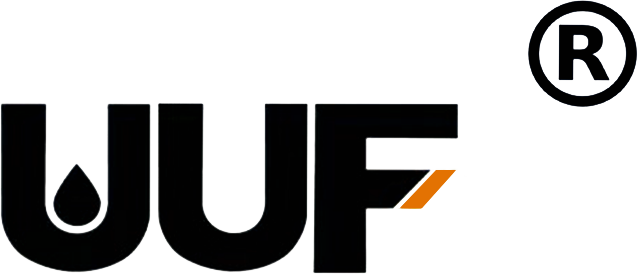Essential Insights on Valve Cover Gasket Sealant: What You Need to Know
Time:
2025-10-27
When it comes to automotive maintenance, the valve cover gasket plays a crucial role in ensuring that your engine operates smoothly. The valve cover is a protective shield that houses the engine's valves, and the gasket is the seal that prevents oil leaks and keeps contaminants out.
When it comes to automotive maintenance, the valve cover gasket plays a crucial role in ensuring that your engine operates smoothly. The valve cover is a protective shield that houses the engine's valves, and the gasket is the seal that prevents oil leaks and keeps contaminants out. Over time, the gasket can wear out, leading to potential issues such as oil leaks, which can cause significant engine damage if not addressed promptly. This is where valve cover gasket sealant comes into play, providing a necessary layer of protection and enhancement.
Valve cover gasket sealant is a specialized product designed to bond the gasket to the valve cover and the engine block, creating a secure and leak-proof seal. Using sealant can be particularly beneficial in situations where the gasket is not entirely new or if the surfaces of the valve cover and engine block are not perfectly smooth. Applying sealant can help fill any minor imperfections, ensuring a more effective seal.
One of the key advantages of using valve cover gasket sealant is its ability to withstand high temperatures and oil exposure without breaking down. This is crucial in the engine environment, where heat and pressure can lead to the deterioration of standard materials. A quality sealant not only enhances the reliability of the gasket but also extends its lifespan, reducing the frequency of maintenance and repairs.
When applying valve cover gasket sealant, it is essential to clean the surfaces thoroughly to ensure proper adhesion. Any old gasket material, dirt, or oil residues can compromise the effectiveness of the sealant. It is also advisable to follow the manufacturer's instructions regarding the amount and application method, as over-applying sealant can lead to excessive squeeze-out, which might enter the engine and cause blockages.
In addition to its primary function of sealing, valve cover gasket sealant can also help silence engine noise, providing an added layer of insulation that might be beneficial in certain situations. This can enhance the overall driving experience by minimizing noise distraction.
In summary, understanding the importance and proper use of valve cover gasket sealant is vital for anyone looking to maintain their vehicle's engine health. By utilizing a good quality sealant, you can ensure a reliable seal, enhance the durability of your gasket, and ultimately contribute to the long-term performance of your engine. Remember, a well-maintained engine is key to a smooth and trouble-free driving experience.
Keyword:
valve cover gasket sealant
Previous


















